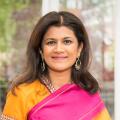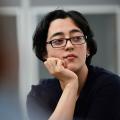Creative Nonfiction Shortlist
Select the books to find out more
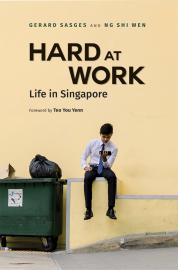
Hard At Work: Life in Singapore
Ng Shi Wen
Hard At Work: Life in Singapore
In Hard at Work, 60 people talk about work and life in Singapore. The interviews span age, ethnicity and careers: baristas, Thai disco dancers, tissue vendors, academic ghost-writers and more share their stories.
These stories, co-authored by Ng Shi Wen and Gerard Sasges, reveal Singapore as a place where people work hard to survive and sometimes thrive. The book offers readers a unique opportunity to look beyond the nation’s iconic skyline to explore the diverse experiences of work and life in Singapore today.
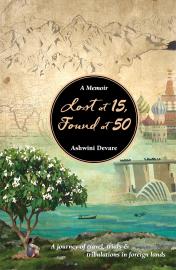
Lost at 15, Found at 50
Ashwini Devare
Lost at 15, Found at 50
From the Soviet Union’s lron Curtain to Burma’s Bamboo Curtain and Sikkim to Seoul, this autobiography follows a young girl’s cross-continental journey through her life.
By the age of fifteen, Ashwini Devare had lived in six countries. Her globetrotting life continued when she became a journalist. With a front row seat to political developments around the world, Devare chronicles a lifetime of nomadic living.
This book is a vibrant reflection by a singular voice on adventure, identity and courage.
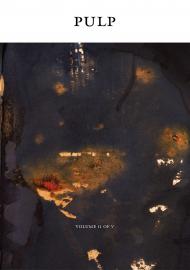
Pulp II: A Visual Bibliography of the Banished Book
Shubigi Rao
Pulp II: A Visual Bibliography of the Banished Book
The focus of Shubigi Rao’s ongoing Pulp project is the history of book destruction, censorship, and repression, and the book as a symbol of resistance. She travels across the world, filming collections, libraries, archives and subjects that have served as historical flashpoints.
This second volume expands on the entangled issues and the complex histories of her encounters.
Combining fragments, ephemera and anecdotes, Rao creates an absorbing and powerful composite of the conjoined literary and violent trajectories of our species.
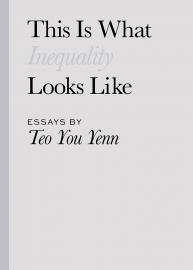
This Is What Inequality Looks Like
Teo You Yenn
This Is What Inequality Looks Like
What is poverty? What is inequality? How are they connected? Why should we try?
This book asks readers to pose questions in different ways, and in so doing, to see themselves as part of problems and potential solutions.
This is a book about how seeing poverty entails confronting inequality. It is about how acknowledging poverty and inequality leads to uncomfortable revelations about our society and ourselves.
And it is about how once we see, we cannot, must not, unsee.


